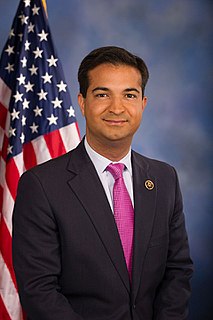A Quote by Samantha Power
Another longstanding foreign policy flaw is the degree to which special interests dictate the way in which the "national interest" as a whole is defined and pursued.... America's important historic relationship with Israel has often led foreign policy decision-makers to defer reflexively to Israeli security assessments, and to replicate Israeli tactics, which, as the war in Lebanon last summer demonstrated, can turn out to be counter-productive.
Quote Topics
America
Another
Counter
Decision
Defer
Defined
Degree
Dictate
Flaw
Foreign
Foreign Policy
Historic
Important
Interest
Interests
Israel
Israeli
Last
Last Summer
Lebanon
Led
Makers
National
National Interest
Often
Out
Policy
Productive
Pursued
Relationship
Replicate
Security
Special
Special Interest
Special Interests
Summer
Tactics
Turn
War
Way
Which
Whole
Related Quotes
Together, these advocates create a pro-Israeli case so compelling that the idea and reality of Israel has worked itself deep into American culture, politics and foreign policy. Many American Jews refuse to accept it, but the real debate between Israel’s supporters and detractors in America is all but over.
The largest 100 corporations hold 25 percent of the worldwide productive assets, which in turn control 75 percent of international trade and 98 percent of all foreign direct investment.The multinational corporation...puts the economic decision beyond the effective reach of the political process and its decision-makers, national governments.
Maybe it's understandable what a history of failures America's foreign policy has been. We are, after all, a country full of people who came to America to get away from foreigners. Any prolonged examination of the U.S. government reveals foreign policy to be America's miniature schnauzer -- a noisy but small and useless part of the national household.



































